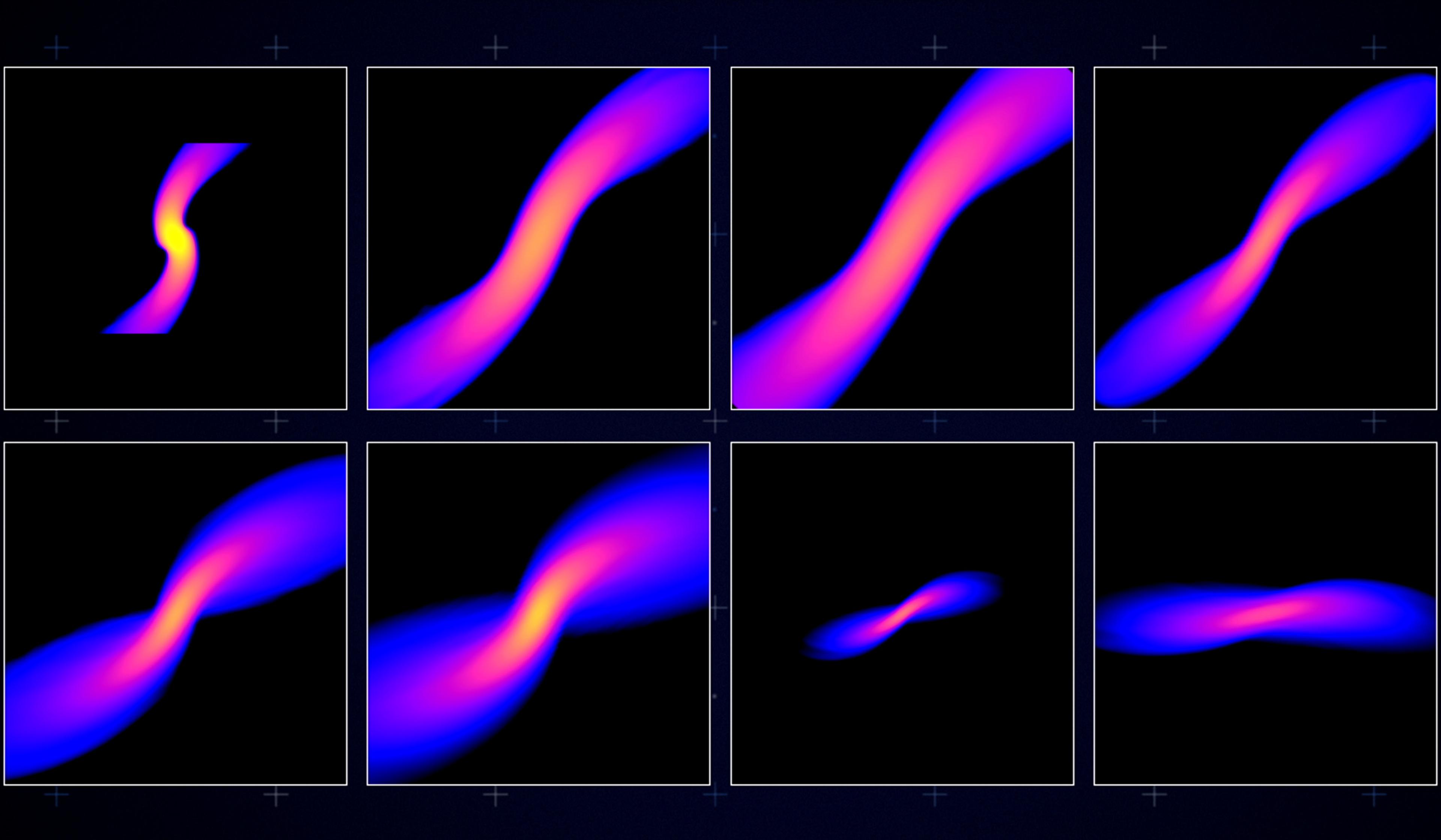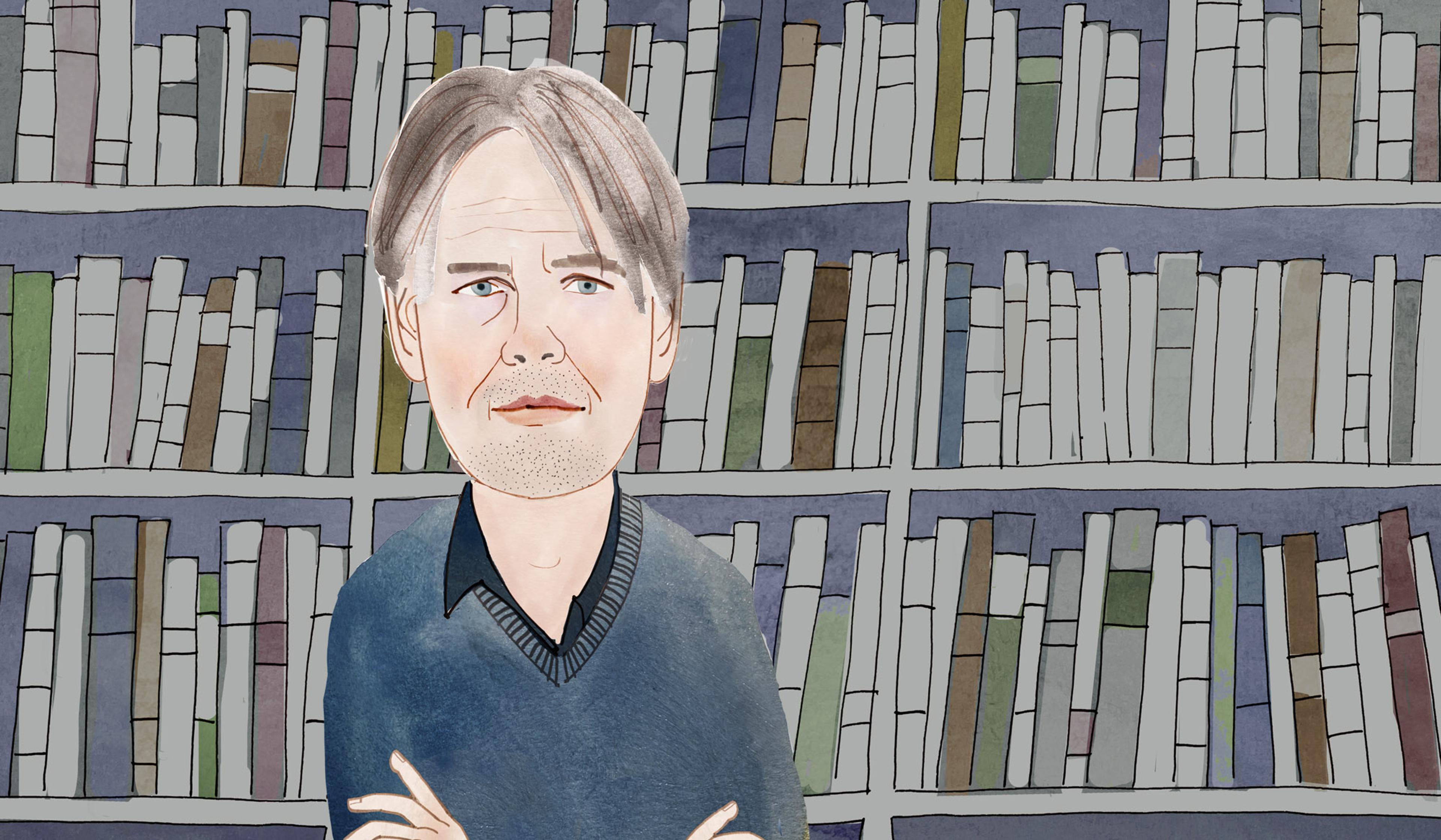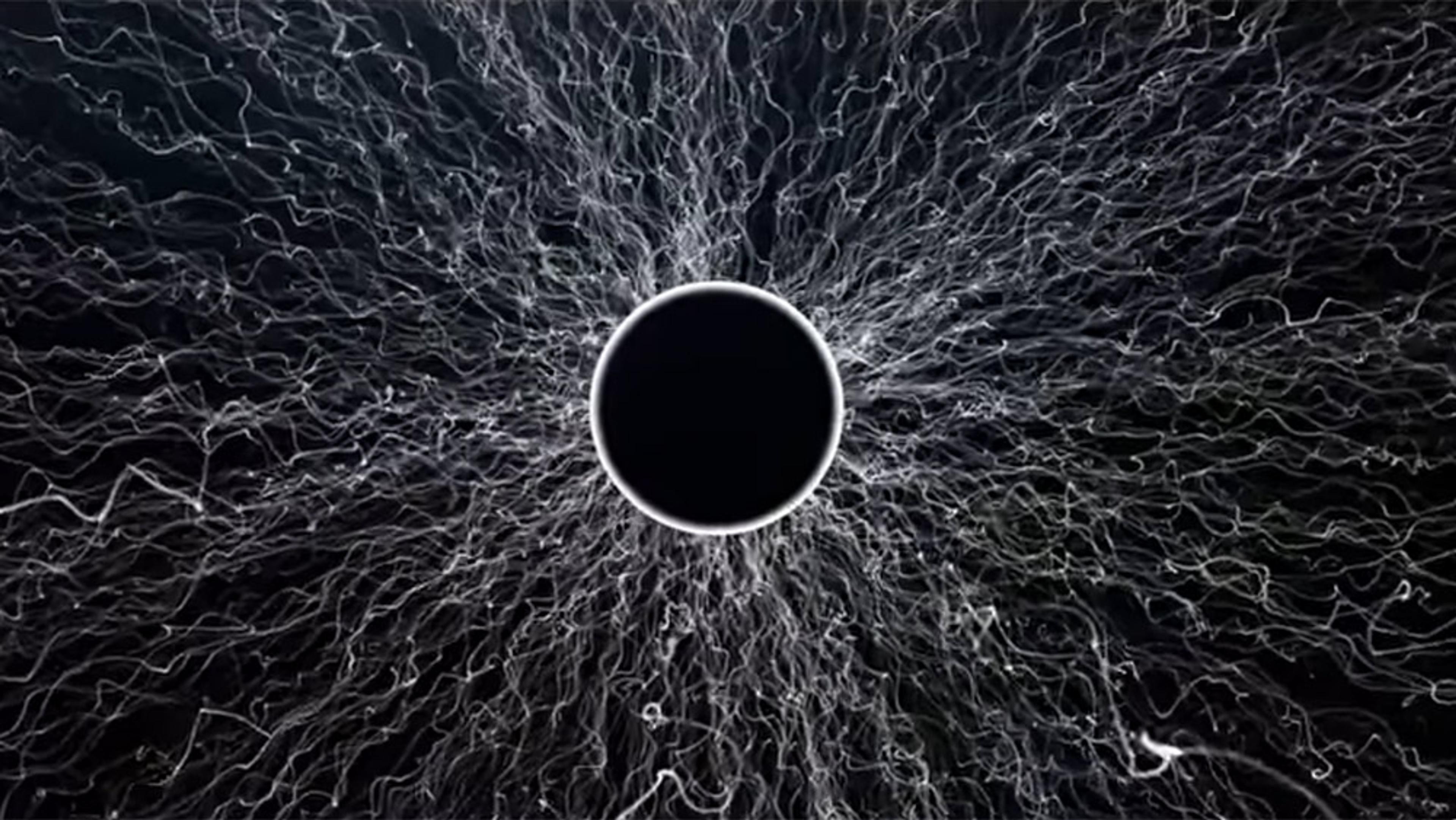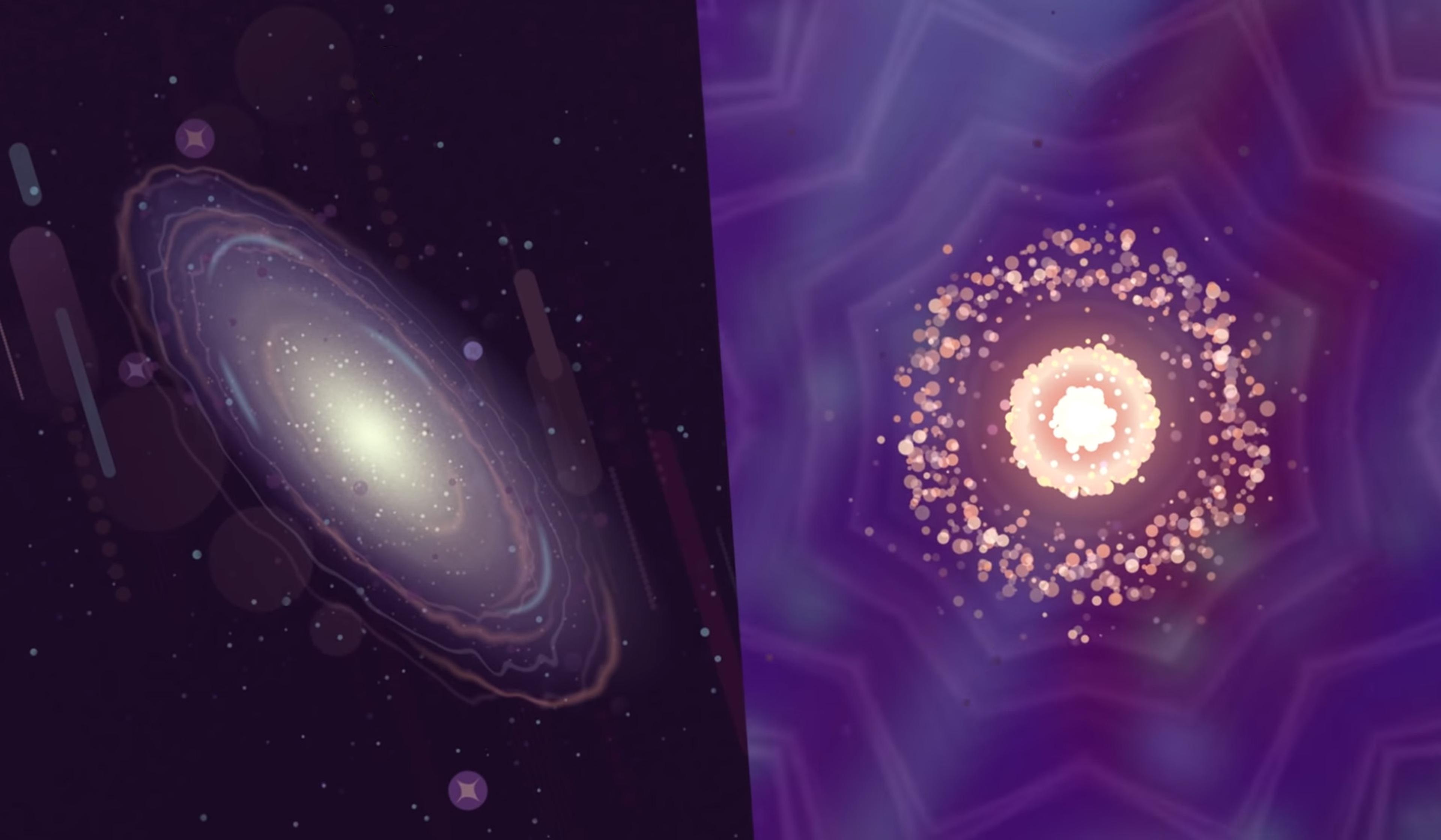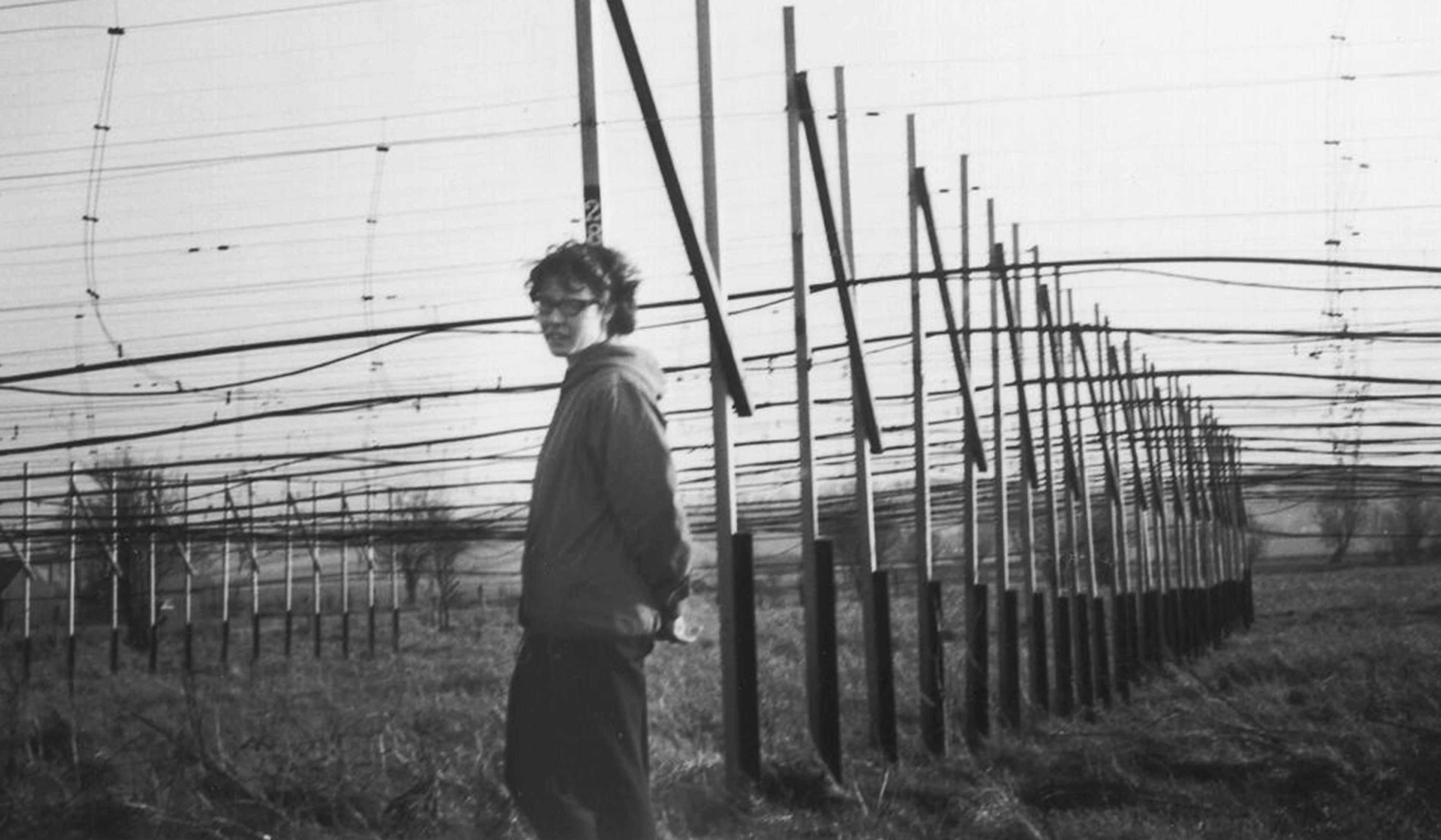In the early 1930s, the Indian-born physicist Subrahmanyan Chandrasekhar (1910-95), who was then studying at the University of Cambridge in the UK, proposed that not all stars become white dwarves at the end of their lifecycle. Instead, the brilliant young scientist argued, when stars were of a certain mass, they would form something denser than had ever previously been observed. As the US historian of science Daniel Kennefick explains in the short documentary Shattering Stars, Chandrasekhar was ‘knocking on the door of what we would now call a black hole’.
Directed by Peter Galison, a historian of science at Harvard University, Shattering Stars explores how Chandrasekhar’s groundbreaking theories would draw both the attention and ridicule of Arthur Eddington, who was then perhaps the world’s preeminent astronomer. In doing so, Eddington likely set back progress in his field, and certainly altered the trajectory of Chandrasekhar’s life and career. Chandrasekhar would ultimately win the Nobel Prize in Physics in 1983 for his work on stellar evolution – albeit some 50 years after he’d presented his ideas to the Royal Astronomical Society. Told through animation and audio recordings – including of Chandrasekhar himself – Galison’s short highlights the life and work of one of the 20th century’s most brilliant scientific minds, while exploring how scientific pursuits are inevitably subject to human shortcomings.
